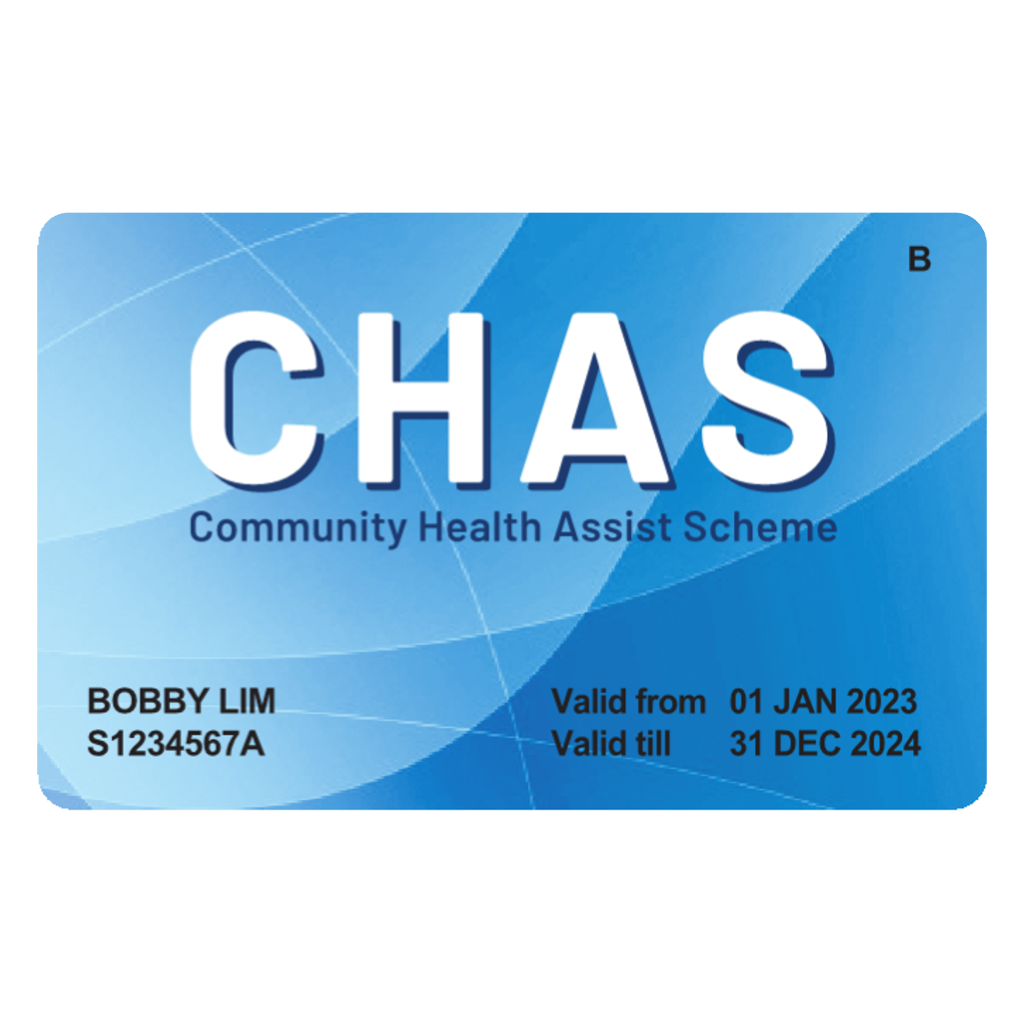Are you experiencing discomfort in the back of your mouth? Wisdom tooth pain can range from a mild nuisance to severe agony, often leaving you unsure when to seek professional help. As your third molars emerge, they can cause various issues, including swelling, infection, and intense pain. Understanding the signs and knowing when to consult a dentist is crucial for your oral health. In this article, we’ll explore the symptoms of problematic wisdom teeth, discuss when it’s time to worry, and provide guidance on managing the discomfort. By the end, you’ll be equipped with the knowledge to make informed decisions about your dental care and know when it’s time to seek expert assistance.
Understanding Wisdom Tooth Pain: Symptoms and Causes
Common Symptoms
Wisdom tooth pain can manifest in various ways. You may experience severe, throbbing pain in the back of your mouth, along with swelling in the gums or face. Difficulty opening your mouth or chewing food is also common. Some people report sensitivity to hot or cold temperatures, which can indicate underlying issues with their wisdom teeth.
Causes of Discomfort
The primary cause of wisdom tooth pain is often lack of space in the mouth. This can lead to impaction, where the tooth grows at an angle or gets stuck, potentially damaging surrounding teeth and gums. Infection is another common culprit, which can occur when bacteria accumulate around a partially erupted wisdom tooth. In some cases, cysts or abscesses may form, exacerbating the pain and potentially leading to more serious complications if left untreated.
Remember, persistent wisdom tooth pain should not be ignored. If you’re experiencing ongoing discomfort, it’s crucial to seek professional dental care promptly to prevent further complications and ensure proper treatment.
What Does the Pain of a Wisdom Tooth Feel Like?
Common Symptoms
Wisdom tooth pain can manifest in various ways. According to Maple Dental, you may experience severe, throbbing pain, especially when chewing or exposed to hot/cold temperatures. This discomfort often extends to the jaw and surrounding areas.
Intensity and Duration
The pain can range from mild to intense and may be constant or intermittent. You might notice increased sensitivity to temperature changes, as well as swelling or tenderness in the gums around the affected tooth. Maple Dental suggests that prolonged sensitivity and swelling could indicate a more serious issue.
Associated Symptoms
In some cases, wisdom tooth pain is accompanied by other symptoms. These may include difficulty opening your mouth, bad breath, or an unpleasant taste. As noted by dental experts, impacted wisdom teeth can cause overcrowding and shifting of other teeth, leading to additional discomfort and potential dental problems.
How to Manage Wisdom Tooth Pain at Home
Over-the-Counter Pain Relief
When dealing with wisdom tooth pain, over-the-counter pain medications can provide temporary relief. Ibuprofen or acetaminophen are effective options to alleviate discomfort. Always follow the recommended dosage on the packaging.
Cold Compress and Salt Water Rinse
Applying a cold compress to the outside of your cheek can help reduce swelling and numb the area. Gently rinse your mouth with warm salt water to soothe irritation and flush out debris. Mix 1-2 tablespoons of salt in a cup of warm water and swish for 30 seconds before spitting it out.
Dietary Adjustments
Avoid hard, crunchy, or sticky foods that could irritate the affected area. Opt for soft foods and cool liquids to minimise discomfort. Additionally, maintaining good oral hygiene by gently brushing and flossing can help prevent infection.
Remember, while these home remedies can provide temporary relief for wisdom tooth pain, they are not substitutes for professional dental care. If pain persists or worsens, consult a dentist promptly to address the underlying issue.
When to Seek Dental Attention for Wisdom Tooth Pain
Persistent Symptoms
If you’re experiencing persistent wisdom tooth pain that doesn’t subside after a few days, it’s time to consult a dentist. Watch for intense, throbbing pain, swelling in the gums or face, and extreme sensitivity to hot or cold temperatures. These could indicate an infection or impaction requiring professional intervention.
Difficulty in Daily Activities
Seek help if wisdom tooth pain interferes with your ability to eat, speak, or open your mouth fully. Difficulty swallowing or persistent bad breath may also signal a serious issue that needs immediate attention.
Visible Changes
If you notice visible changes such as darkening or discolouration of the affected tooth, or a pimple-like bump on the gums, consult a dentist promptly. These symptoms could indicate advanced decay or an abscess, requiring urgent treatment to prevent further complications.
Remember, early evaluation is crucial. Don’t hesitate to seek professional help if you’re experiencing persistent wisdom tooth pain. Timely intervention can prevent more serious dental issues and ensure your oral health remains optimal.
Risks of Ignoring Recurring Wisdom Tooth Pain
Ignoring persistent wisdom tooth pain can lead to serious complications that may jeopardise your oral and overall health. According to dental experts, untreated wisdom tooth issues can result in worsening infections, damage to surrounding teeth and bone, and even the development of cysts or tumours.
Potential Complications
Neglecting recurring wisdom tooth pain may cause:
- Chronic discomfort and pain
- Infections and gum disease
- Damage to adjacent teeth
- Tumor and cyst formation
- Chronic headaches and earaches
Dental professionals warn that delaying wisdom tooth removal can make the procedure more complex and risky. Impacted wisdom teeth may push against neighbouring teeth, leading to crowding and misalignment that could require orthodontic correction.
Long-term Consequences
Persistent wisdom tooth pain can evolve into a chronic condition, significantly impacting your quality of life. Ignoring the issue may also lead to sinus problems, especially if upper wisdom teeth grow at an incorrect angle. To avoid these complications, it’s crucial to seek professional dental care for proper diagnosis and treatment of wisdom tooth pain.
How Long Does Wisdom Tooth Pain Last?
The duration of wisdom tooth pain can vary significantly from person to person. According to Maple Dental, wisdom tooth pain typically occurs when these third molars emerge between ages 17-25, causing swollen and sore gums. For some, the discomfort may last only a few days, while others might experience persistent pain for several weeks.
Factors Affecting Pain Duration
Several factors can influence how long wisdom tooth pain lasts:
- Tooth position: Impacted wisdom teeth that can’t fully emerge often cause prolonged pain.
- Infection: If the area becomes infected, pain may persist until treated.
- Individual pain tolerance: Some people may experience more intense or longer-lasting discomfort than others.
Maple Dental suggests that while home remedies like cold compresses and saltwater rinses can provide temporary relief, persistent wisdom tooth pain lasting more than a few days warrants professional evaluation. Early assessment by a dentist can help determine the underlying cause and appropriate treatment, potentially preventing more serious complications.
Frequently Asked Questions About Wisdom Tooth Pain in Singapore
What causes wisdom tooth pain?
Wisdom tooth pain can stem from various factors, including impaction, infection, or overcrowding. Common symptoms include swelling, tenderness, and difficulty chewing. The discomfort may range from mild to severe, depending on the underlying issue.
When should I seek professional help?
If you’re experiencing persistent wisdom tooth pain, it’s crucial to consult a dentist promptly. Ignoring recurring pain can lead to more serious complications like cysts, abscesses, or damage to adjacent teeth. Early evaluation is key to preventing these issues and determining the best course of action.
What are my treatment options?
Treatment for wisdom tooth pain depends on the specific cause. Your dentist may recommend monitoring the teeth, prescribing antibiotics for infections, or scheduling an extraction if necessary. In some cases, wisdom tooth removal is the most effective solution to alleviate pain and prevent future problems.
How can I manage wisdom tooth pain at home?
While awaiting professional care, you can try some home remedies to alleviate discomfort. Over-the-counter pain medication, warm salt water rinses, and applying a cold compress to the affected area can provide temporary relief.
Conclusion
In conclusion, while wisdom tooth pain is common, it should not be ignored. Pay close attention to persistent discomfort, swelling, or signs of infection. These symptoms may indicate impaction or other complications requiring professional care. While home remedies can provide temporary relief, they are not long-term solutions. Early evaluation by a dentist is crucial to prevent more serious issues. Don’t hesitate to seek help if you’re experiencing ongoing wisdom tooth pain. Your oral health is important, and addressing problems promptly can save you from unnecessary discomfort and potential complications down the road. Take charge of your dental well-being and consult a professional if you have concerns about your wisdom teeth.
If you want to maintain your oral health, visit Maple Dental, your trusted dental clinic in Kovan. Serving Kovan, Hougang, and Serangoon, we provide a range of services, from scaling and polishing to wisdom tooth pain relief. Our experienced dentists offer personalised guidance, ensuring your dental health is always in top shape. Learn more about the dental subsidies you may be eligible for, including benefits for blue CHAS card holders, Merdeka and Pioneer generations, and find out how to make the most of your dental care with us!
















